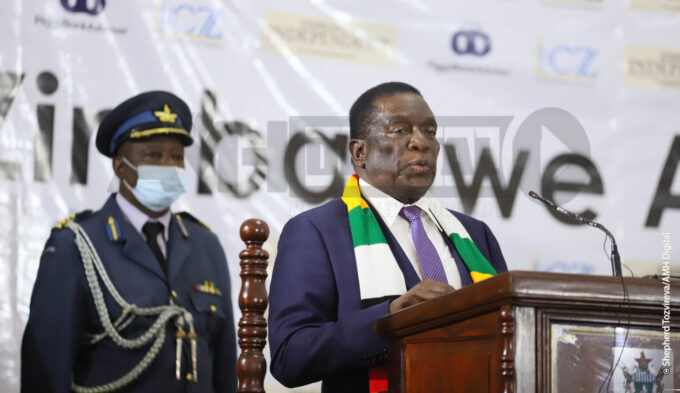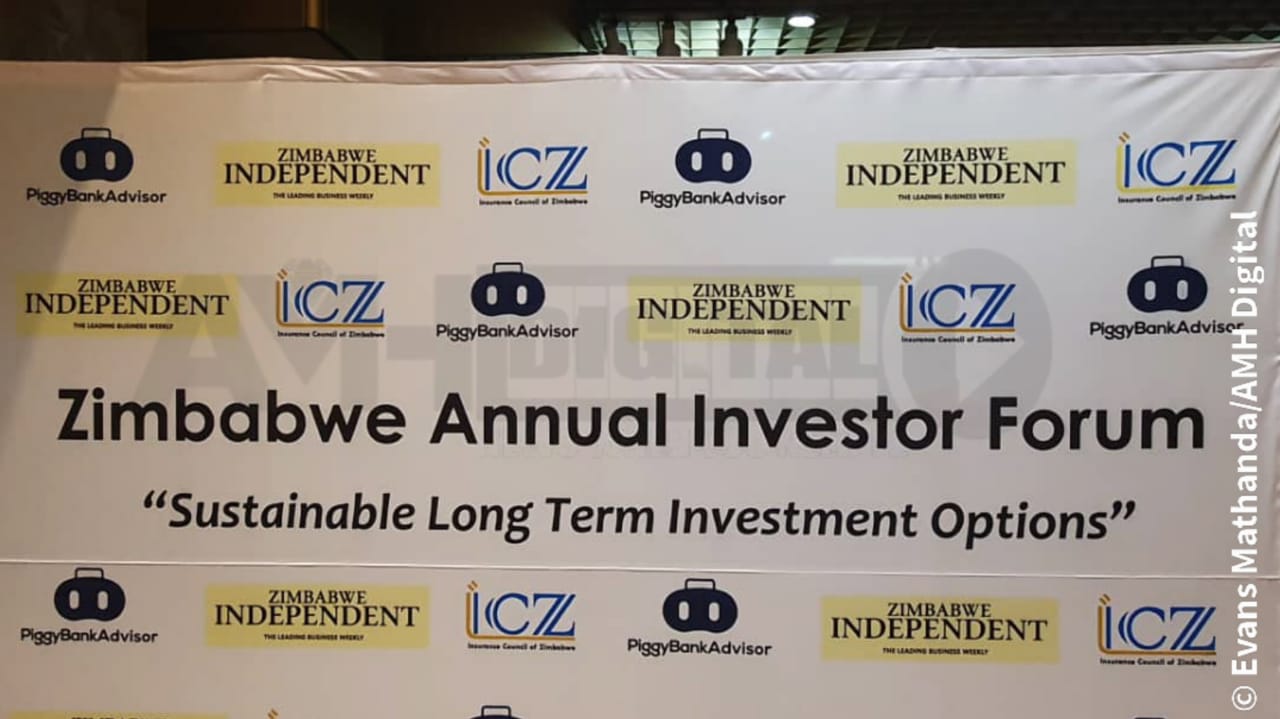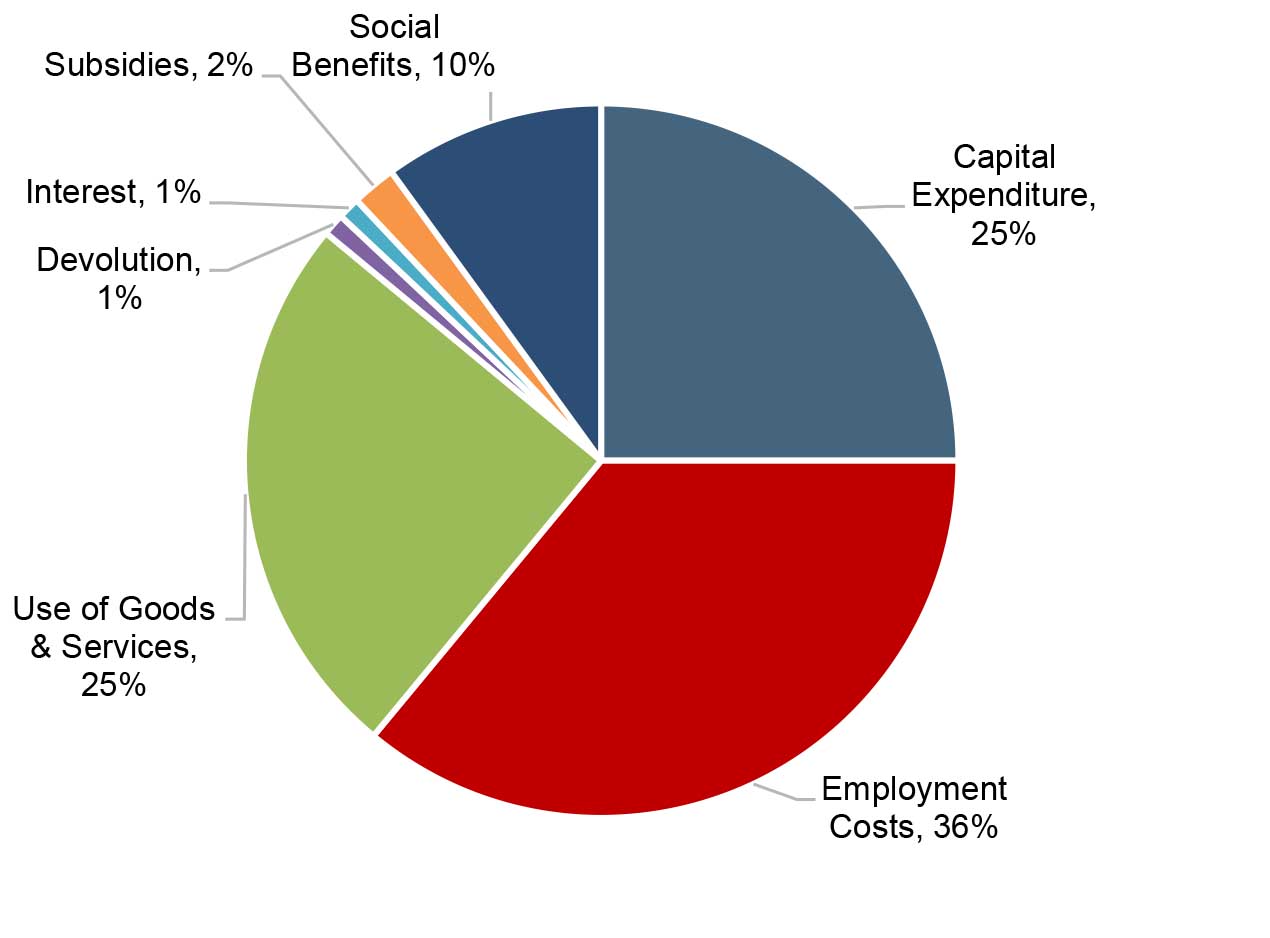THE Zimbabwe Independent chief reporter Taurai Mangudhla (TM) this week caught up with Reserve Bank of Zimbabwe (RBZ) governor John Mangudya (JM) to discuss the recent monetary policy statement (MPS) and other issues affecting the economy.
Below are the interview excerpts:
TM: Can you briefly give us the thrust of your MPS which you delivered last week with perhaps just a few key takeaways?
JM: We did the MPS under the (several contexts). Among these was that we had a significant reduction in inflation from 348% in December 2020 to 60,7% in December 2021. As you know, inflation also declined to 60,6% in January 2022. We also did this MPS under the context in which foreign currency from the auction system has continued to assist productive sectors of the economy. US$1,7 billion was allotted to industries in Zimbabwe in 2021, adding up to a total of US$2,7 billion having been allocated since the start of the foreign currency auction system (in June 2020). We also did the MPS during the time when our payment systems, under the dual currency system in Zimbabwe, are working perfectly.
TM: Tell us more about the payment systems.
JM: All the payments are being settled well and to support that, we have got a robust banking system which is safe, sound and profitable. We are also at a time where we have improved foreign currency generation, which was evidenced by the US$9,7 billion of foreign currency receipts, which we received in 2021 against payments of US$7,1 billion in 2020. The MPS was also done at a time when we have robust economic growth of 7,8 % in 2021, mainly because of demand driven by the usage of the local currency, which drives the demand.
TM: What is the key takeaway?
JM: We are expecting growth in loan-to-deposit ratio from 40% in December 2021.
- Chamisa under fire over US$120K donation
- Mavhunga puts DeMbare into Chibuku quarterfinals
- Pension funds bet on Cabora Bassa oilfields
- Councils defy govt fire tender directive
Keep Reading
So, the economy, on the basis of that, is moving in the right direction and we are happy we are staying the course.
We need to stay the course because what we have been doing has been working.
The major issues we need to address are inflationary pressures within the economy, which are very critical for us to address as a central bank.
So the thrust of the MPS was basically to stay the course of fostering price and financial system stability through pursuing a tight monetary path to curb fiscal pressures, sustaining the auction system as a dependable and inclusive source of foreign currency, supporting domestic industries affected by Covid-19 and building foreign currency reserves to back our local currency.
TM: Can you speak more around balancing inflation pressures?
JM: What we have noticed and what we know is that the velocity of the local currency is higher than that of the United States dollar.
Because of the high velocity of the local currency, this has enabled the economy to grow because that’s the upside of higher velocity of the local currency.
Money is being spent in the economy and it increases aggregate demand.
When aggregate demand goes up then capacity utilisation goes up. The US dollar is used mainly for storage of value.
So, what happens in this economy is that when farmers get their funds, ZWL$48 billion from the Grain Marketing Board (GMB), that money is spent in the economy.
When aggregate demand went up it meant that the capacity utilisation of entities in Zimbabwe — your Deltas, Varun Beverages and others — increased. They are also investing more to ensure that at least they tap into that demand.
That normally happens when you are using a soft currency and hard currency.
The velocity of a soft currency is always higher than that of the US dollar and the downside risk of higher velocity of local currency is inflation.
This is the situation which we say is critical for us as a central bank.
It is a balancing act between supporting growth and controlling inflation.
This is the key of what we are going through as a country because we have seen that when people have got their local currency, they come to the auction system to purchase foreign currency.
They deploy the foreign currency in the economy to increase production. At the same time, people also have their local currency.
They spend it very fast and then it increases inflation; therefore we need to balance that equation.
This is why as team Zimbabwe we need to ensure that we know all these things.
We need to continue doing whatever we are doing to ensure that we sort out the economy.
TM: What about the exchange rate volatility? Is it not a major threat to your efforts?
JM: The other part was to address emerging risks which everyone knows about by now.
Exchange rate volatility and rising parallel market exchange premiums are a result of the velocity of money.
There is also Covid-19.
And obviously, we are still in the Covid-19 era.
We are working to ensure that at the end of the day, we promote digital payment systems so that we continue to have a sober monetary policy, or sober payment systems.
We are also aware that regional or global inflation has been raising havoc on economies throughout the world.
If you look at fuel prices, they have been going up.
The price of soya beans, which we use here for manufacturing cooking oil, has also gone up.
Fertiliser prices have gone up because of high demand for gas in Europe, which is used to produce ammonium nitrate.
We have got a combination of domestic inflation and pass-through inflation from the global phenomenon, which is imported inflation.
That is the context and the thrust of the MPS.
As a result, we came up with new measures that we believe will continue to address the position or situation that we are facing.
TM: Lastly, you keep speaking about a balancing act. It sounds more theoretical than practical. How do you strike a balance in real terms?
JM: We need to ensure that the money in the economy is just sufficient to grow the economy, not to cause inflation.
We do believe in the quantity theory of money, which says when you grow money, inflation goes up.
At the same time we now believe that even if money supply remains constant, inflation can go up if the velocity of circulation is very high.
We are using our open market to mop up all the liquidity. We are also using statutory reserves for controlling bank loans and advances.
On the foreign exchange market, we are continuing with the auction system. We do believe that it is a dependable and inclusive source of foreign currency.
It has been redirecting resources from surplus units, which are basically your industrial areas, your import substitution programmes, your import substitution companies and this has worked very well.
We have seen capacity utilisation increasing in the manufacturing sector and that helps us to increase the gross domestic product of this economy.










